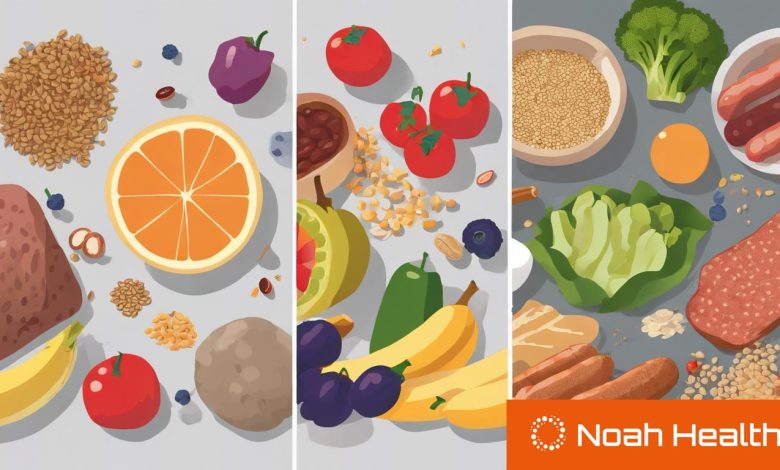Study finds ultra-processed foods linked to serious health risks

A recent BMJ study reveals the alarming health risks linked with ultra-processed foods, including higher rates of cancer, mental health issues, and premature death, prompting a call for urgent public health measures.
A new study published by BMJ has found direct links between ultra-processed foods (UPFs) and 32 harmful health effects, including increased risks of cancer, poor mental health, type 2 diabetes, and premature death. In the UK and US, UPFs account for half of the average diet, with this figure rising to 80% among young people and those on lower incomes. Commonly consumed UPFs in the UK include industrial bread, ready meals, breakfast cereals, sausages, and reconstituted meat products.
The study underscores the urgent need for measures to reduce the intake of UPFs to improve public health. The distinction between processed and ultra-processed foods can be nuanced, with factors such as the length of the ingredients list, the presence of unrecognizable additives, and high levels of fat, sugar, or salt indicating an ultra-processed nature.
According to the NOVA food classification, foods are categorized into four groups, from unprocessed to ultra-processed. In a typical UK diet, unprocessed foods represent 30% of calorie intake, while minimally processed foods such as frozen fruit and yoghurt also play a significant role. Processed culinary ingredients like oils and sugar contribute about 4% of calories.
The findings highlight the importance of awareness around UPF consumption and its potential health risks. Efforts to decrease the consumption of these foods could have a substantial positive impact on public health outcomes.








